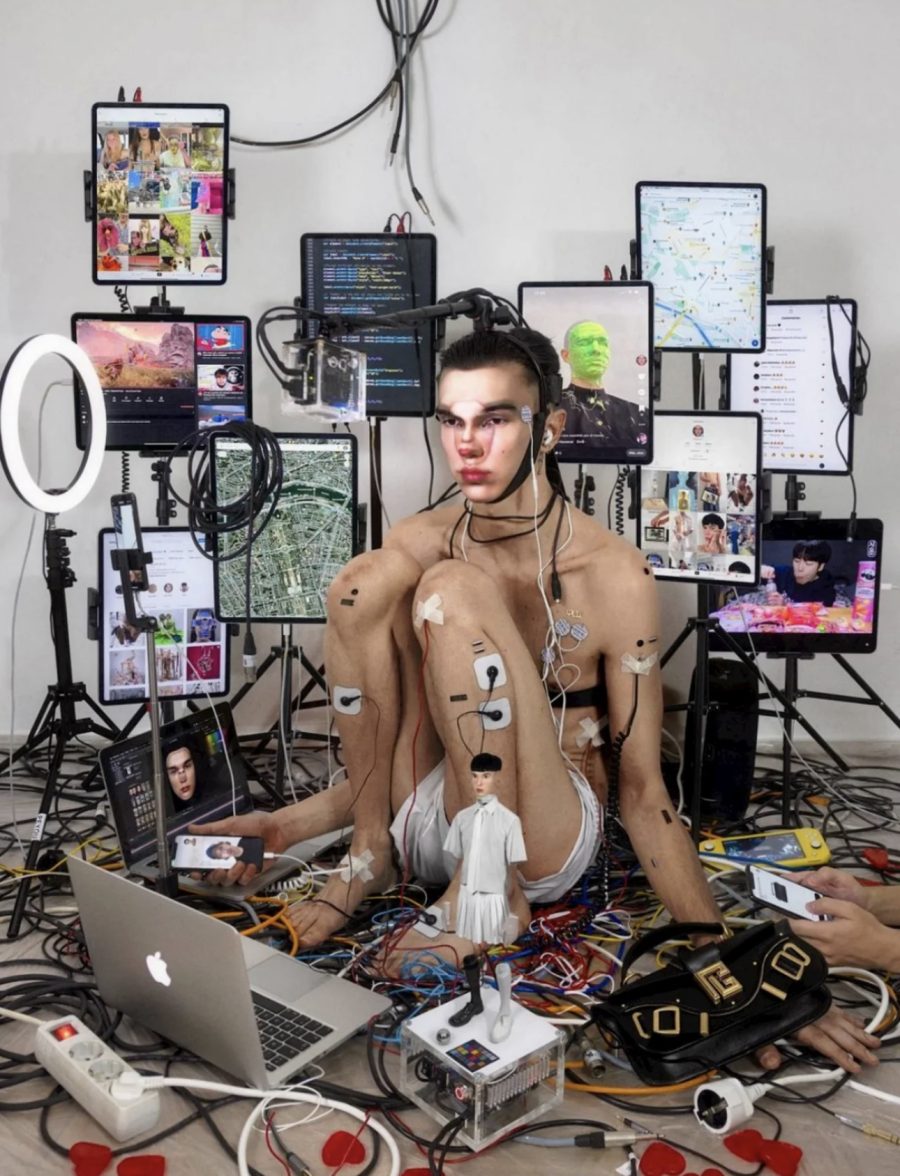Identity construction in the digital world generally refers to the emergence of a digital society that allows individuals to showcase, shape, and redefine their identities in virtual spaces. And this theory focuses on how individuals construct and manage their identities in environments such as social media and virtual communities in the digital world.
The core idea of this theory is that in the digital environment, identity can be fluid, multiple, and interactive. People can selectively present themselves, create ideal images, and adjust their performance to outsiders based on different platforms and social scenarios.
This theory can help us understand that digital life not only affects how people express themselves, but also how they perceive themselves. This identity building process has a high degree of fluidity and plasticity, constantly interweaving between virtual and real.
Anonymity
•Privacy and freedom of expression: Anonymity allows people to discuss sensitive topics more freely without worrying about their real identities being exposed. It encourages genuine expression, but may also lead to the spread of false information.
•Risk: Although anonymity brings freedom, it can also easily lead to negative behaviors such as online bullying and malicious comments.
Multiple identities
•Identity diversity: People showcase different faces on different platforms, such as specializing on LinkedIn and showcasing their personal lives on social media. These identities may not fully represent oneself, but they adapt to different social needs.
•Fragmentation of identity: Multiple identities can sometimes lead to significant differences in individual performance on different platforms, resulting in psychological “role conflicts”.
•Idealized self: On social media platforms, people tend to display idealized images and pursue recognition, but this may increase psychological pressure.

Anonymity and multiple identities enable people to freely express, explore, and showcase different selves in the digital environment. Anonymity protects privacy and encourages people to communicate more openly, but it can also lead to false information and negative behavior. Multiple identities allow individuals to present a multifaceted self that adapts to different needs on different platforms, although flexibility may lead to fragmented identities and psychological pressure.
Above is all the content I want to talk about about this topic. I hope everyone has a pleasant reading.




i love this, the layout and all but i wish you added more infomation about the theory and Anonymity!
Hi, Ziang. I think your article is thought-provoking and it makes me feel like my own thoughts are becoming more flexible.